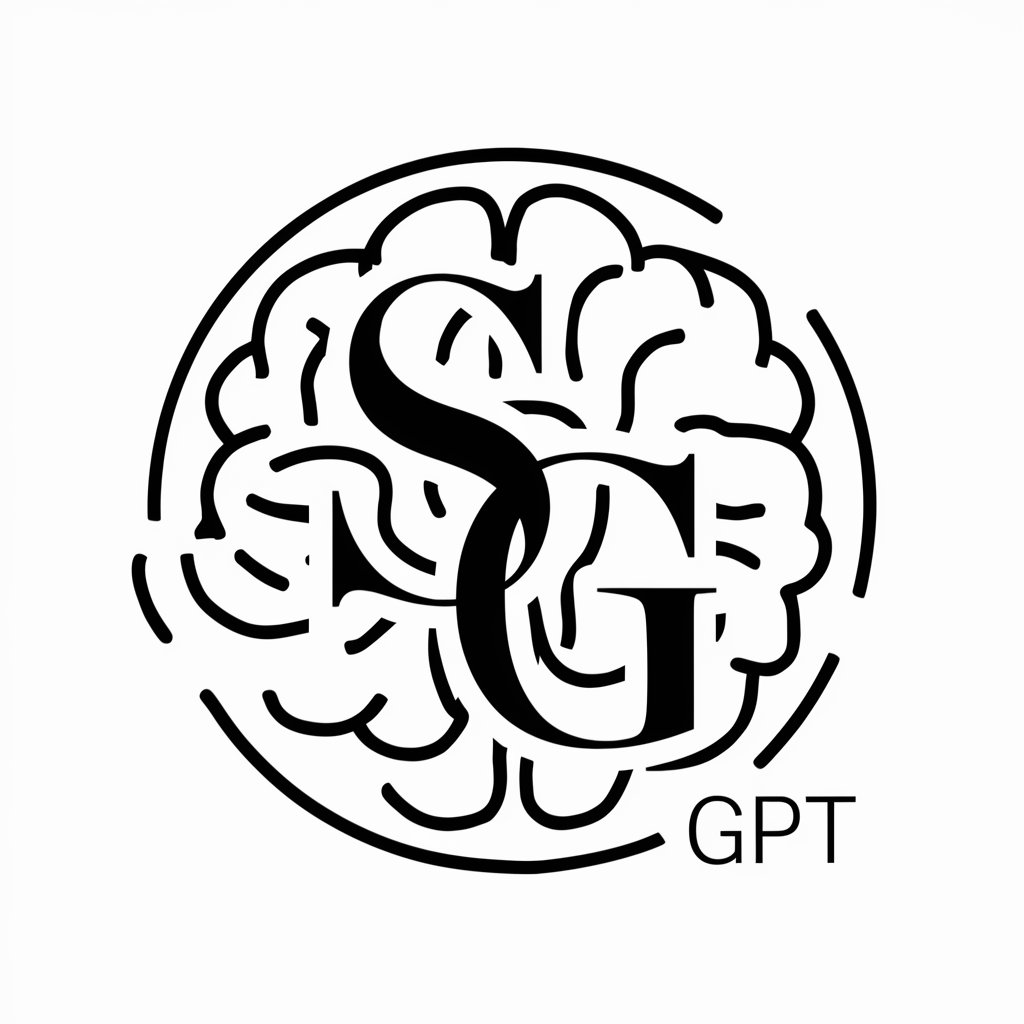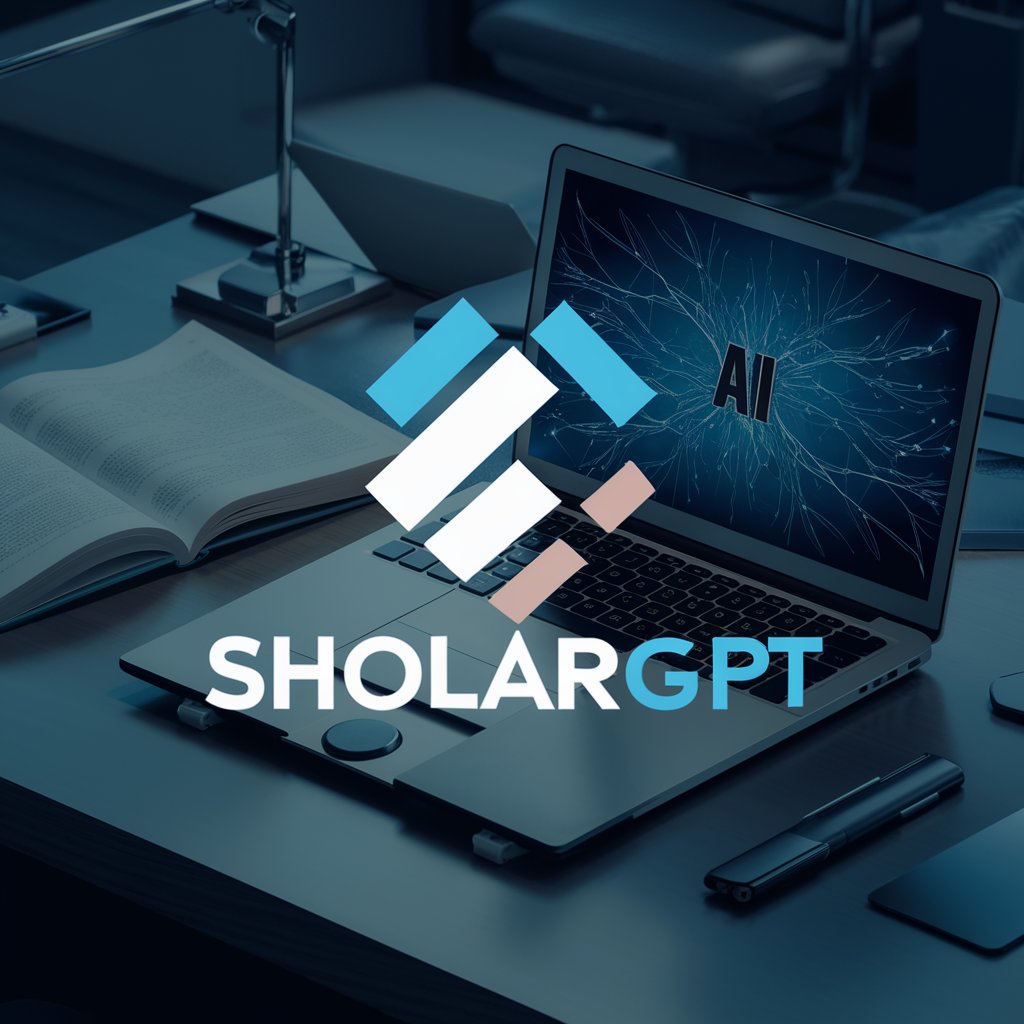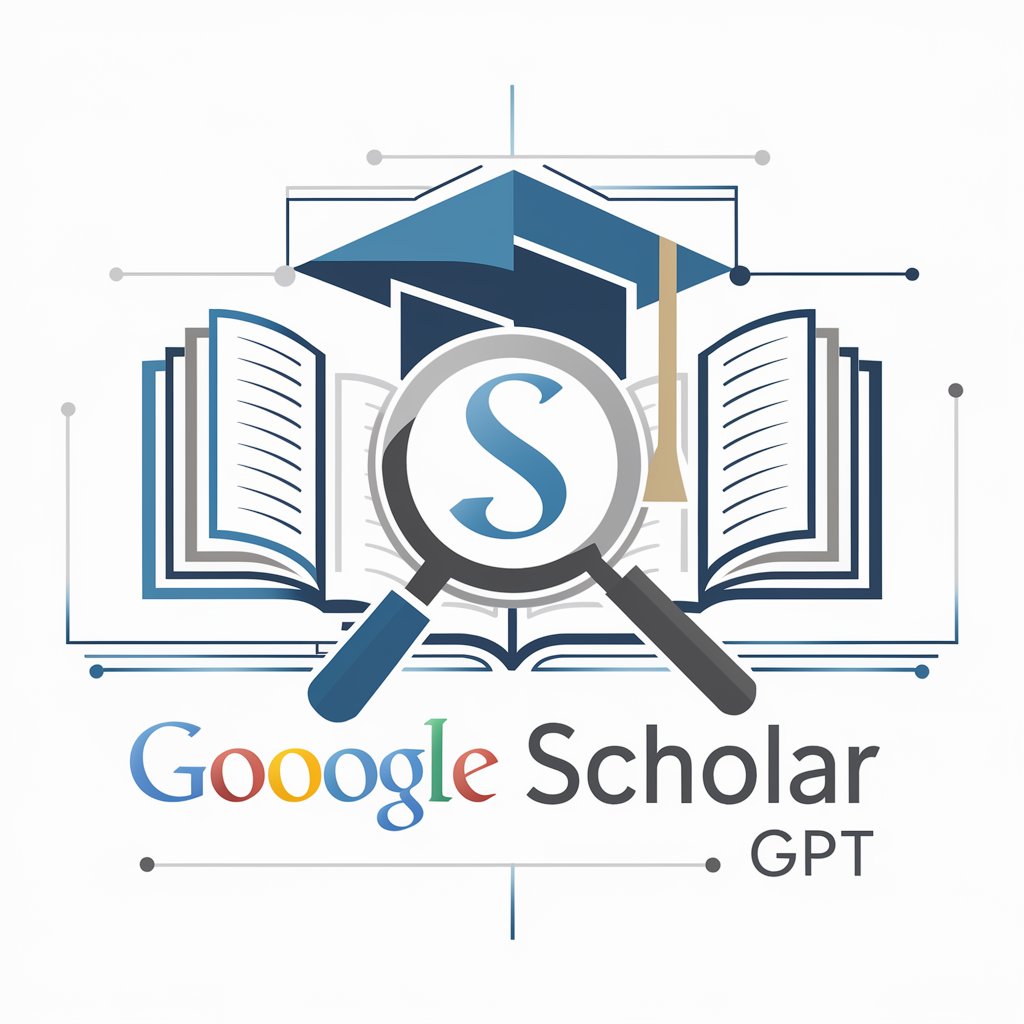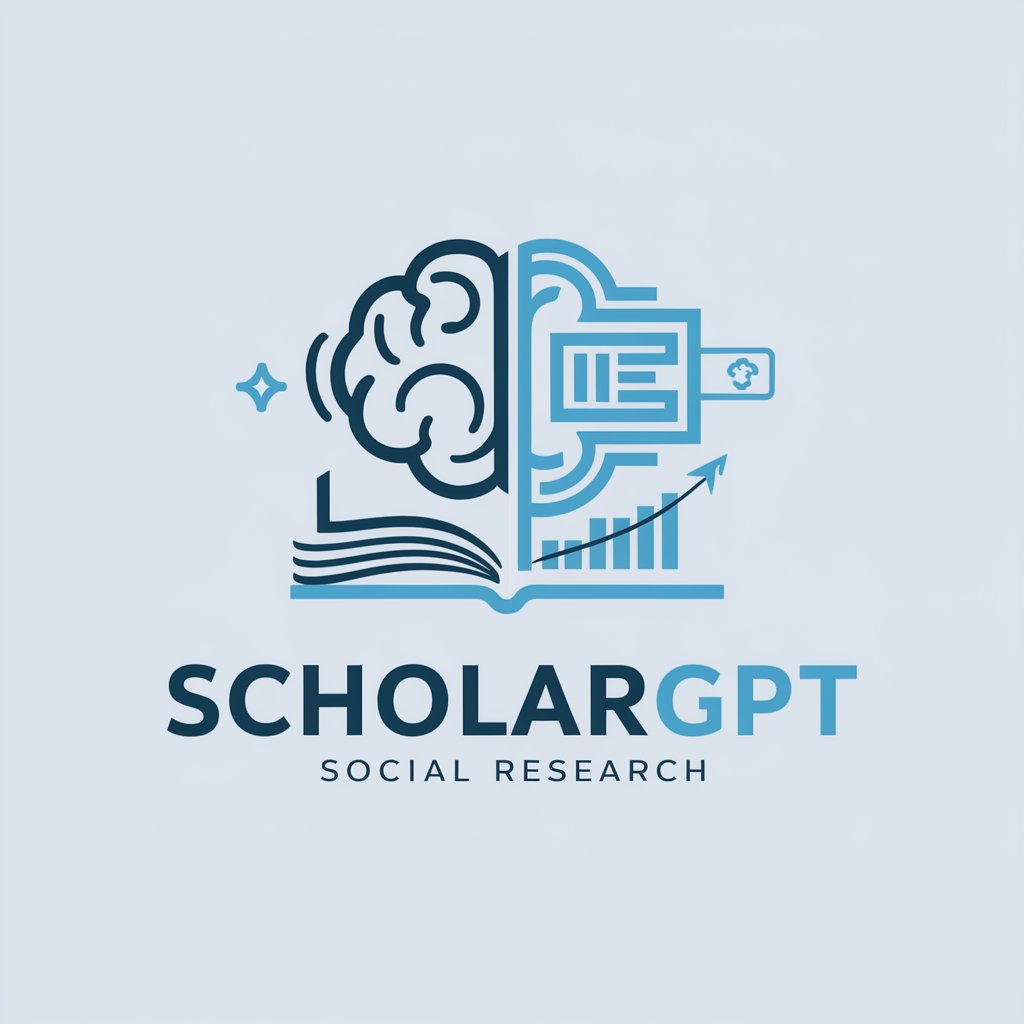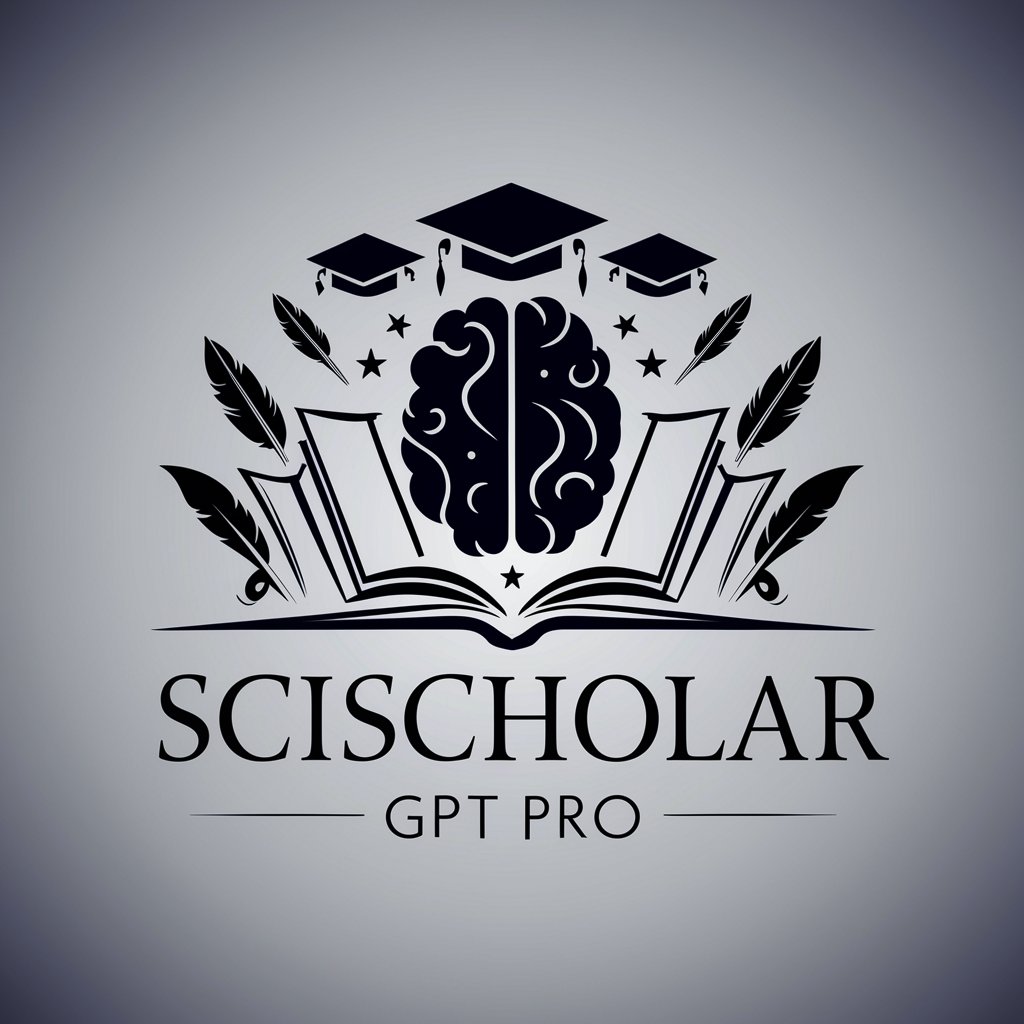
Scholar GPT Pro - academic research, writing assistant

An all-encompassing tool for scholarly research, writing, and collaboration.
Empowering Research with AI
What's your current research topic? I can help streamline your workflow.
Need to cite sources? Tell me about your citation style and I'll format them.
Struggling with data analysis? Describe your dataset and let's explore it together.
Writing a paper? Let's outline it together, starting with your thesis statement.
What academic skills would you like to improve? I have resources and tips!
Facing collaboration challenges? I can facilitate shared projects and feedback.
Looking for the latest research in your field? Share your topic and I'll dig up resources.
How can I enhance your learning experience today?
Get Embed Code
Introduction to Scholar GPT Pro
Scholar GPT Pro is a specialized tool designed to support academic and research activities across various disciplines. It integrates advanced features such as access to scholarly databases, automatic citation formatting, and collaborative project tools. A key scenario illustrating its purpose is the process of manuscript preparation: a user can access recent studies via integrated databases, draft their manuscript using tailored templates, automatically format citations, and receive peer feedback within the same platform, streamlining the research and writing process significantly. Powered by ChatGPT-4o。

Main Functions of Scholar GPT Pro
Integrated Citation Databases
Example
A user writing a paper on climate change can quickly retrieve the latest research articles on the topic without leaving the drafting environment.
Scenario
While drafting, the tool prompts the user with the most cited, recent, or relevant articles, aiding in enhancing the paper's depth and accuracy.
Automatic Citation Formatting
Example
A PhD student needs to format references in APA style for their dissertation.
Scenario
The tool automatically converts entered bibliographic details into perfectly formatted APA references, saving the student significant time and ensuring accuracy.
Manuscript Drafting Tools
Example
A group of researchers collaboratively writing a review article on neuroplasticity.
Scenario
The platform provides specific templates for review articles and features that allow co-authors to draft, edit, and comment in real-time, enhancing collaboration and efficiency.
Data Analysis Assistance
Example
An economist analyzing complex financial data to determine market trends.
Scenario
Scholar GPT Pro aids in data visualization and statistical analysis, providing tools to interpret and present data clearly in the research.
Shared Projects & Collaboration
Example
A research team scattered across different universities working on a joint publication.
Scenario
This function allows all members to work on the document simultaneously, see real-time updates, and track revisions, facilitating a cohesive working environment despite geographical distances.
Ideal Users of Scholar GPT Pro
Academic Researchers
Academics who are frequently involved in writing research papers, grants, or reports. They benefit from comprehensive research tools, data analysis, and collaboration features.
Graduate and PhD Students
Students engaged in thesis or dissertation writing that requires extensive literature reviews and strict adherence to citation formats. The platform simplifies these processes, reducing the manual workload and enhancing academic writing quality.
Educational Institutions
Universities and colleges can integrate this tool into their libraries and learning management systems, providing students and faculty with easy access to scholarly resources and writing tools.
Corporate Researchers
Professionals in research and development sectors who require up-to-date information, collaborative project tools, and data analysis for reports and innovation projects.

How to Use Scholar GPT Pro
Start Free Trial
Go to yeschat.ai to initiate a free trial without the necessity of a login or a subscription to ChatGPT Plus.
Select Research Tools
Explore and select from an array of research tools such as citation databases, manuscript drafting aids, and data analysis features tailored for academic needs.
Create a Project
Set up a new project, invite collaborators if needed, and use the shared project space for simultaneous document editing and peer feedback.
Access Tutorials
Utilize interactive tutorials and educational resources to improve your research methodology and writing skills.
Review and Publish
Leverage the revision history and commenting features to refine your manuscript, prepare it for submission, and track publication status.
Try other advanced and practical GPTs
Assistant Aye
Craft Your Story with AI
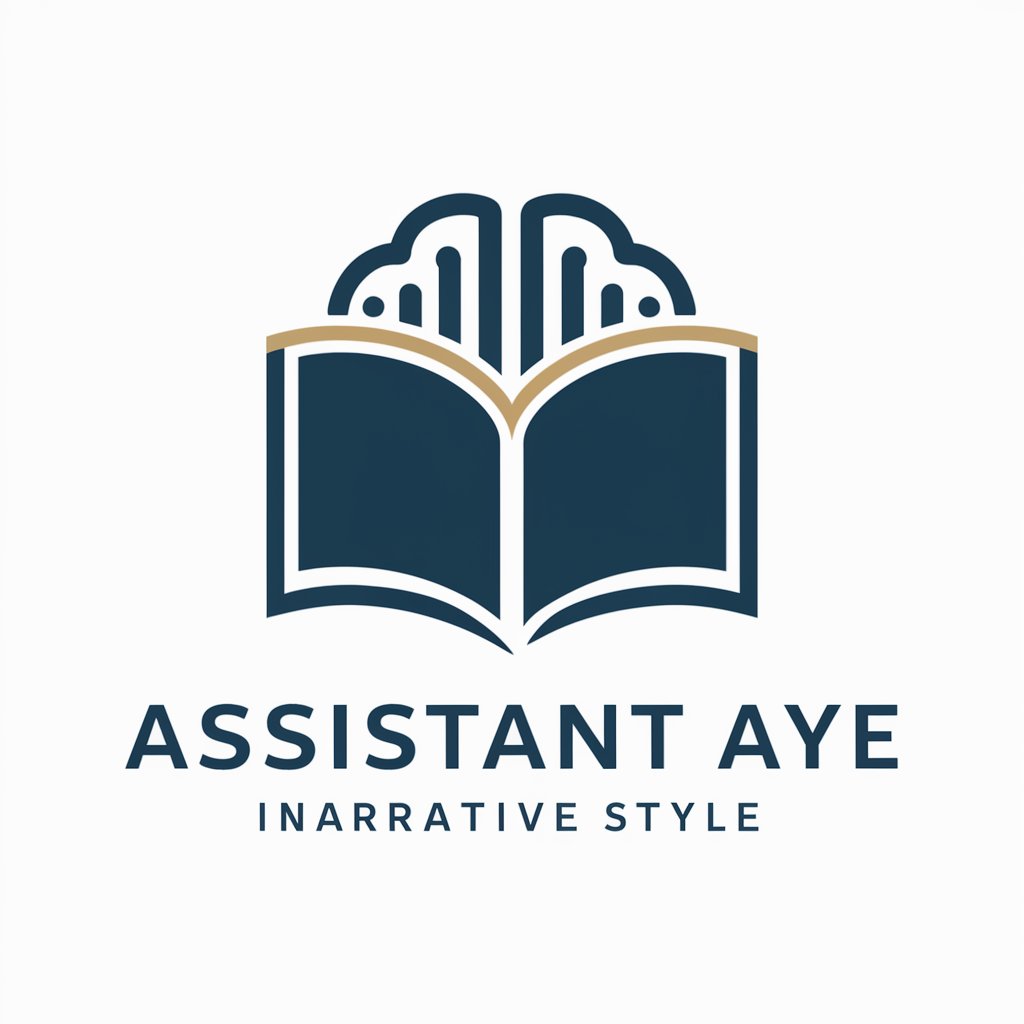
Theology
Explore Theology with AI Guidance
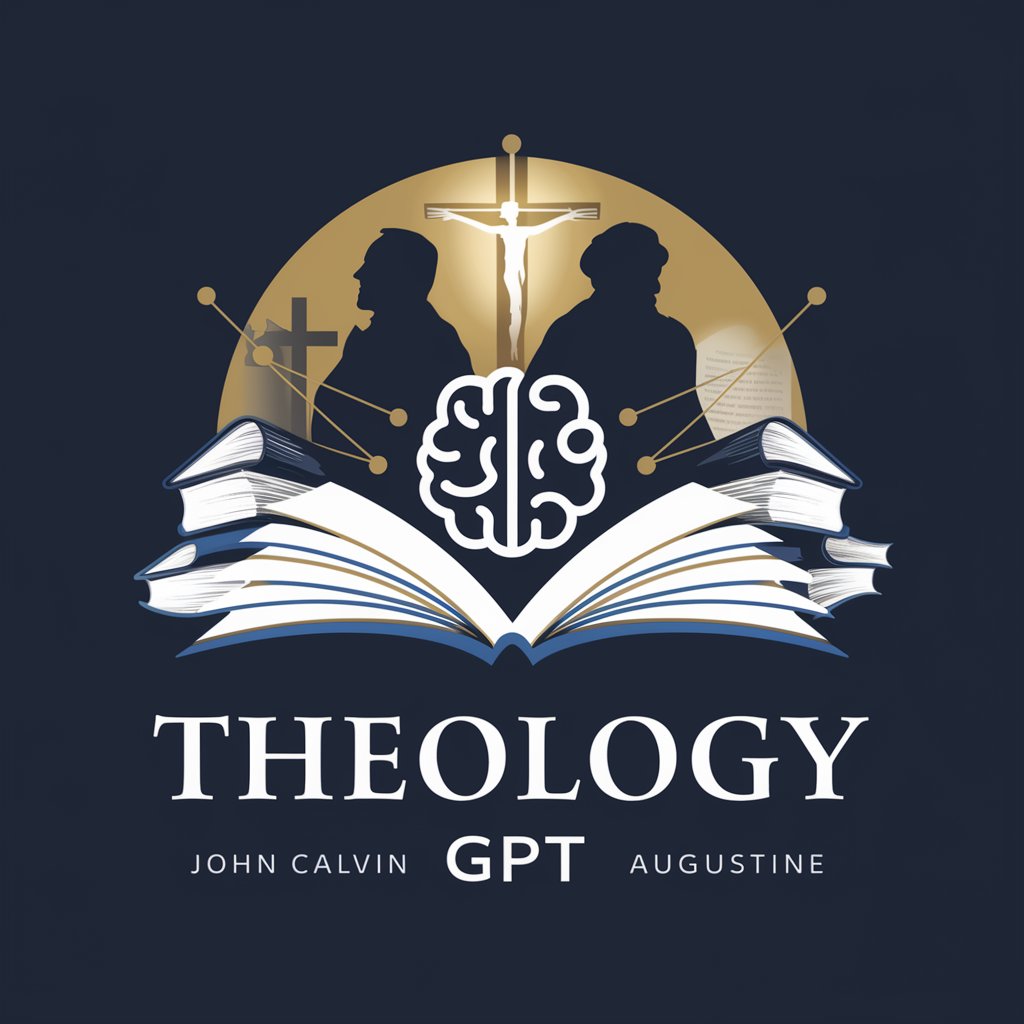
Dr. Joe Dispenza
Harness your mind's full potential
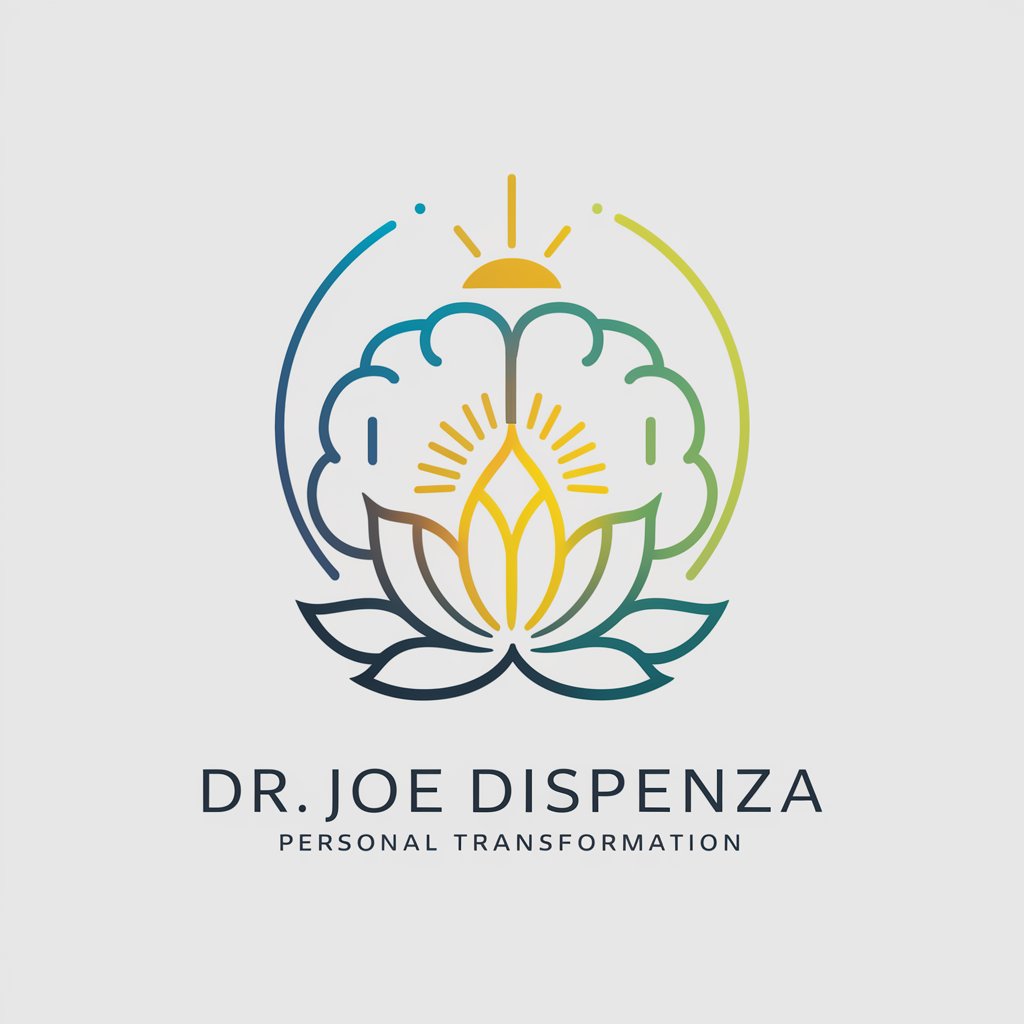
TLDR Article Analysis
Distill complex articles with AI power

한시충
Reviving the art of classical poetry with AI.
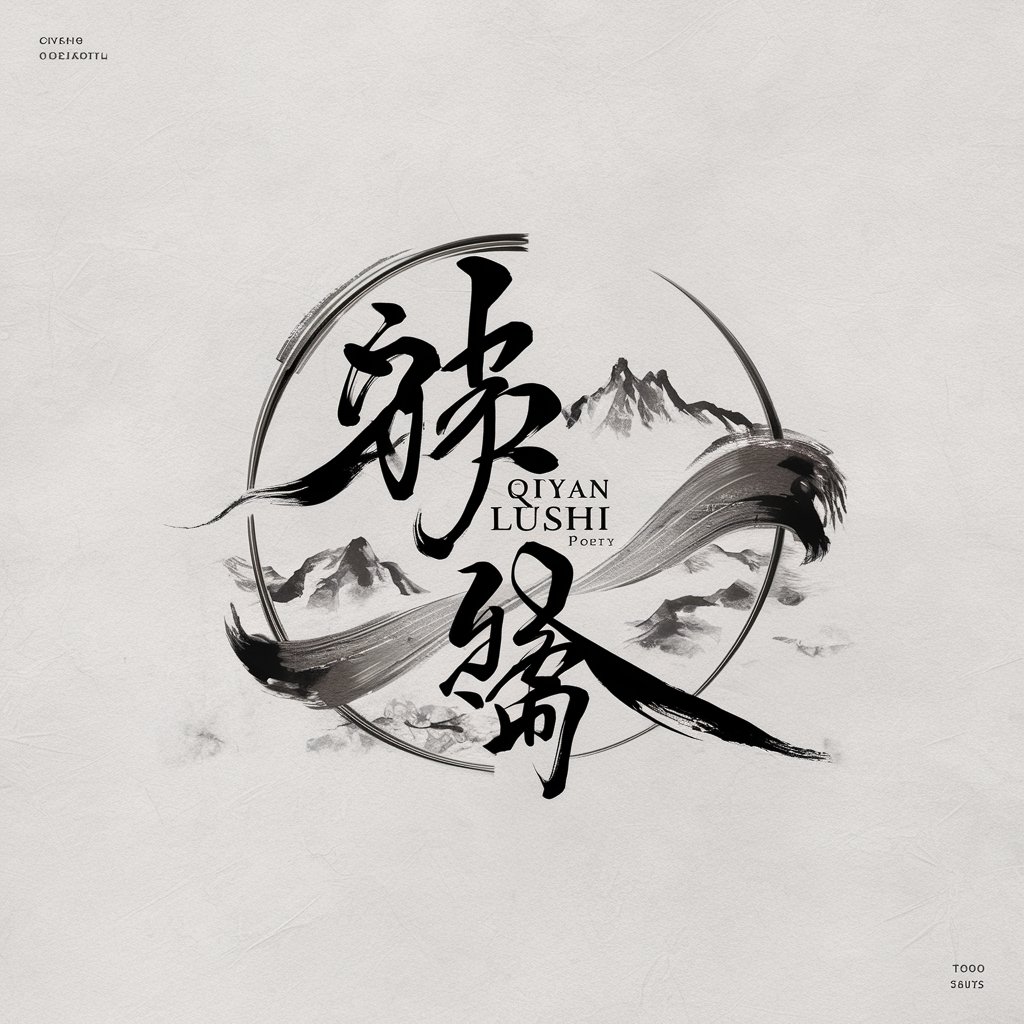
インスタ投稿分析ツール
AI-powered insights for smarter Instagram marketing
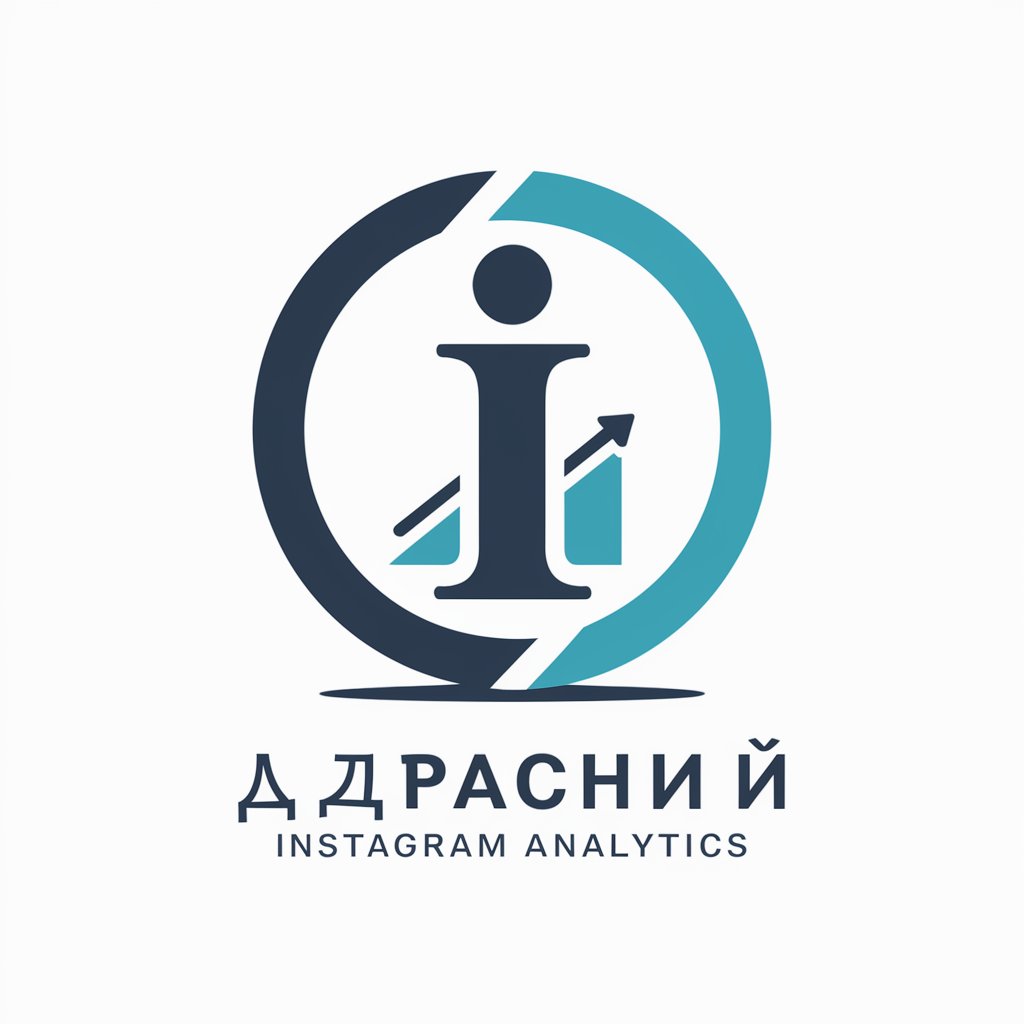
Academic writing aid
Enhance your writing with AI-driven insights

Entrenador Personal
Empower your workout with AI
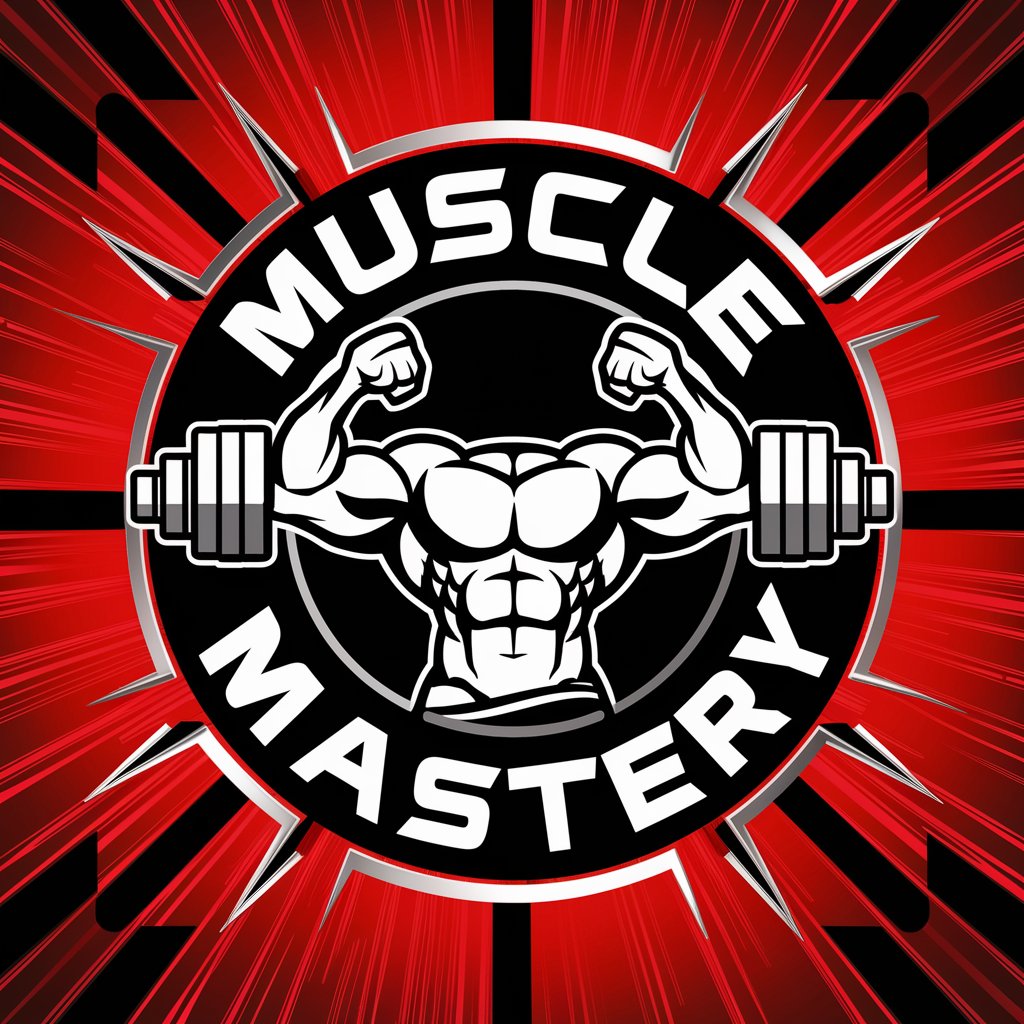
Mr. Paid Social Ads Policy
Navigate ad policies with AI precision.

AMZN Listing Creator: SEO & Engagement Driven
Boost Your Sales with AI-Powered SEO

UXUIDesignBot
AI-Powered Design Expertise at Your Fingertips

Gravity Forms
Smart, AI-powered form builder

Frequently Asked Questions about Scholar GPT Pro
Can Scholar GPT Pro assist in formatting citations?
Yes, Scholar GPT Pro automates the formatting of citations according to various academic styles, integrating directly with major citation databases to ensure accuracy and currency.
What types of manuscripts can I draft with Scholar GPT Pro?
The tool supports a wide range of manuscript types, including academic articles, thesis documents, conference papers, and grant proposals, with specific templates and guidelines for each.
How does Scholar GPT Pro support collaborative work?
Scholar GPT Pro offers a shared project workspace that allows multiple users to collaborate in real-time, with features like document version tracking and in-document peer feedback.
Is there a mobile app available for Scholar GPT Pro?
Yes, Scholar GPT Pro features a fully functional mobile application, allowing users to conduct research, write, and collaborate on-the-go.
How does the adaptive learning feature work?
Adaptive learning in Scholar GPT Pro personalizes suggestions and educational content based on the user's interaction patterns and learning preferences, helping to enhance research and writing skills over time.
